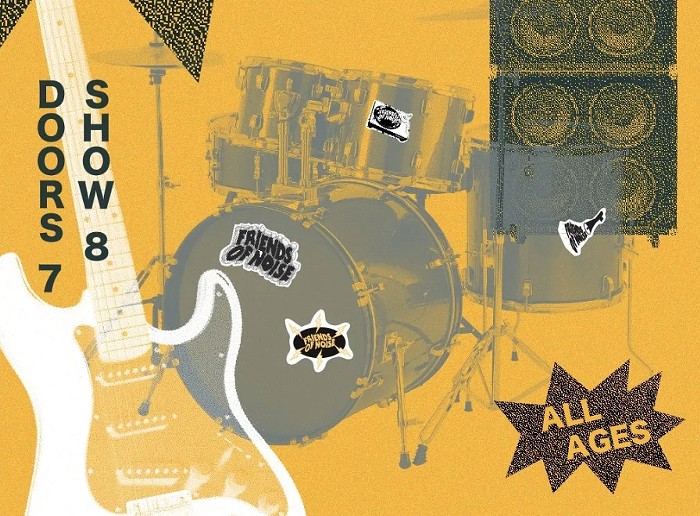JAMES BLAKE got his first break on dubstep internet radio station Rinse FM when Untold of Hemlock Recordings overheard one of his tracks. Even at that time, it was only at the very outer edges that his music could be considered dubstep.
As a sparse landscape of uncluttered piano melodies and soulful vocal manipulations, Blake's self-titled album falls much more in line with the singer/songwriter block than anything resembling the fabled world of dubstep. His new focus on exploring the potential of his voice and finding purpose within the scantest musical terrain has the masses shrieking with both love and hate.
"To me, it's quite a minimal album," explains Blake, holed up in a New York hotel room amid a press junket. "I didn't believe I was writing a minimal album at the time I was making it."
That's a little hard to believe considering some of his songs are composed of barely more than a couple of clicks, a few barren keyboard notes, and some fragmentary vocal bits. "Measurements," for example, sounds like the early stages of a brainstorming session. Aside from the beautifully harmonizing chorus of Blake's voice, it feels like he merely hit the "record" button before his first pass at the keyboard melody and just kept the song as is. Adding to the unprocessed character is a subtle but audible hiss, the kind of sound that often signifies a poor microphone cable or incorrect record setting. The importance of this and other minor details to the overall texture becomes even more apparent when Blake pauses several times within the track, leaving ample space to consider what is happening with each seemingly uncomplicated layer.
Pauses occur in other songs too, creating a series of poignant instances of silence or near silence, which help define the album. The best one of these moments comes in lead single "Limit to Your Love" (originally by Feist, although his version brings to mind Jamie Lidell). It opens with Blake singing diva style over a simple gospel piano melody: "There's a limit to your love/like a waterfall in slow motion/like a map with no ocean." After about a minute, this becomes a faint echo of looped vocals that fades out completely and evolves into a long, arid work of silence. Then seemingly out of nowhere, a monolithic wall of oscillating bass slams down, demanding the listener's full attention. Just as abruptly as it arrives, it disappears, and the starkness of that vanished bass is manifested in its own absence.
This blunt, simplistic style can be hard to accept in an era when bells, whistles, and gleaming overproduction are the standard. And Blake's extreme minimalism wouldn't work without his sharp instinct for simple melody. He achieves both depth and stuck-in-your-head catchiness even though he doesn't always have a beginning, middle, and end.
"Some people suggested the tracks on this album are unfinished, that they're not real songs—and that's okay," explains Blake. "That's the sound I arrived at. I actually thought some of them sounded too busy, so it's not like they are intentionally stripped back or anything."
Intentional or not, it's nice to be able to hear the development of ideas within a piece of music and to be given the appropriate amount of space to take it all in.



















